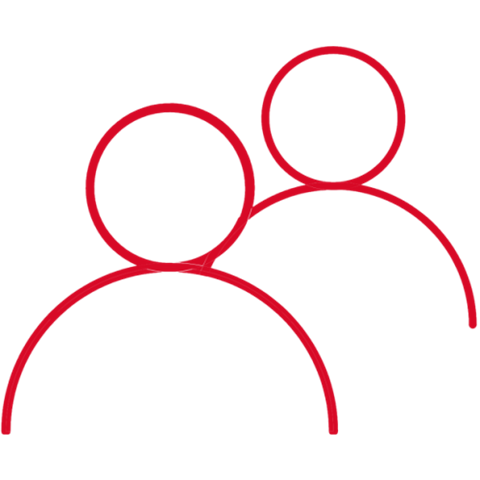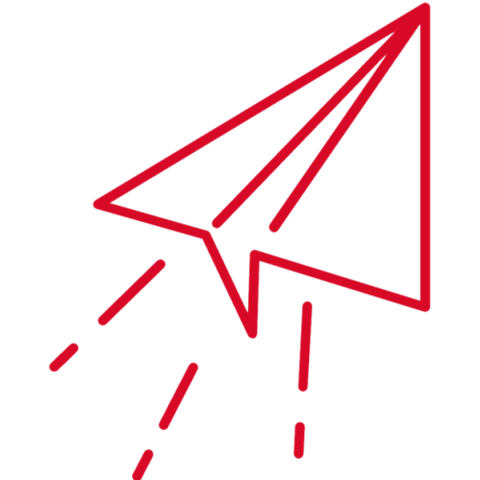In season 3 of The Next Round, AAR’s marketing inspiration podcast, practice lead Robin Charney spoke to Direct Line Group’s Mark Evans. As Managing Director for Marketing and Digital, Mark is responsible for brand, communication, CRM, Insight, Digital and Data across the brand portfolio at Direct Line. Robin spoke with Mark about his role, the challenges facing heritage brands today, and how Direct Line have responded to these.
You can listen to the full episode here, but we’ve picked out a few key insights and highlights from Robin and Mark’s discussion below:
You can listen to the full episode on:
How is marketing responding to disruption within the insurance industry?
Insurance, whilst very complex, very competitive and very highly regulated, is a data industry, which makes it highly ripe for technological disruption. It’s right at the heart of all the major tech trends; connected homes, driverless cars, electric vehicles, blockchain AI, machine learning and more - that’s not to mention the changing nature of risk in the world.
As a legacy business, Direct Line have had to think about how they can deliberately become more innovative. It’s a work in progress, but inherent to that is a move to a fully agile operating model, and ensuring the brand is fit to be a disruptor, rather than disrupted, in the future.
If you were giving another marketing leader one piece of advice about going agile, what would you tell them?
Mark explained it’s more important to think about what it means to them personally, in terms of the context of servant leadership. It’s easy to say ‘I’m an empowering leader’ and so servant leadership will be easy, but in reality it isn’t, because for a period you’re left guessing about what level of distance or proximity you should have to other people, teams, and processes.
Questions like ‘am I connecting enough, am I empowering enough, or am I using my experience enough?’ crop up, and can leave you guessing about how to be as a leader, because you still need to be connected and know when and how to get directly involved. Mark explained his biggest personal learning is that it’s a completely different form of leadership, with its own challenges and requirements - it’s about being feedback heavy, and knowing when and how to be clear on the role you need to play at any given moment.
What is the role of creativity in marketing? How does working with agencies for a long time affect that?
As an example of the power and potential of creative output, Mark noted the significance throughout his career of big brands taking a creative approach with great cut through and strong, compelling advertising (particularly with animated characters…).
He also commented on the relationship between Direct Line and Saatchi & Saatchi; during a challenging period in 2012-2013, the brand had a need to reposition to meet the unmet core need to be ‘fixers’, rather than focussing on price. The brand ran a fantastic creative pitch process, but found that despite a strong brief, only Saatchi’s really understood how bold Direct Line wanted to be - a moment of creative genius from Paul Silburn drawing the parallel between insurance and Harvey Kietel’s iconic ‘fixer’ character in Pulp Fiction, Winston Wolf.
What’s the right blend of insourcing and outsourcing for a modern marketing ecosystem?
The word ‘blend’ is about right. Many of the brands AAR work with find that a balance between insourcing and outsourcing works best for them, with certain resources brought in house while others are managed by external partner agencies.
Mark explained that Direct Line isn't philosophically entrenched in any direction, and has a fully blended model - some things are externalised, they insource aspects of martech, there are some elements fully in house, and some in between. An example Mark gave is Google paid search - something Direct Line invest heavily in - and for this they operate a hybrid model with Mediacom. Similarly, when it comes to marketing effectiveness, some of the heavy lifting on econometrics is handled by Ebiquity while the brand simultaneously operates an in-house team.
What are the challenges of inhousing?
Agencies work with multiple clients, multiple sectors, and multiple countries and they see the changes that are happening first hand. With this in mind, brands focussing on inhousing can become effectively ‘blind’, losing some of the stimulus with what others are doing and what else is taking place in the world of marketing. On the other hand, Mark acknowledges that some brands do follow a philosophy of inhousing everything, and so it’s very much a case of ‘horses for courses’.



